In the competitive world of chocolate and confectionery production, the quality of your raw materials is often the difference between a product that delights consumers and one that falls short. Among these ingredients, cocoa butter plays a critical role—not just as a functional component, but as a determinant of texture, flavor release, and shelf stability. For manufacturers in Lebanon, sourcing a reliable cocoa butter supplier is pivotal to maintaining operational efficiency and consistent product quality.
At MT Royal, we’ve worked extensively with production facilities across the Middle East, understanding firsthand the challenges manufacturers face—from unpredictable supply chains to quality variability. We’ve seen how partnering with experienced suppliers transforms production processes and enhances end-product performance.
Understanding Cocoa Butter: The Basics
Cocoa butter, extracted from the cacao bean, is the natural fat component that gives chocolate its smooth mouthfeel and glossy appearance. Unlike other vegetable fats, cocoa butter remains stable under temperature variations and offers unique crystallization properties, crucial for tempering and molding chocolate.
Key characteristics include:
- Melting point: 34–38°C, close to human body temperature, which ensures chocolate melts perfectly in the mouth.
- Polymorphic behavior: Cocoa butter has six crystal forms; Form V is desired for premium chocolates for its snap and sheen.
- Neutral flavor profile: Provides richness without overpowering cocoa solids or added flavors.
In Lebanon’s growing confectionery sector, understanding these fundamentals is essential for factory managers to ensure product consistency across batches.
Why a Reliable Supplier Matters
Working with a dependable cocoa butter supplier goes beyond securing inventory. The right partner provides:
- Consistent quality: Variations in fat composition or moisture content can disrupt tempering and texture.
- Predictable delivery schedules: Manufacturing facilities often run on tight production timelines; delays in cocoa butter supply can halt entire production lines.
- Technical support: Experienced suppliers advise on storage, handling, and integration with other cocoa derivatives.
At MT Royal, we ensure our clients in Lebanon receive cocoa butter that meets international standards, sourced from reputable brands and delivered with reliability.
Premium Brands and Quality Differentiation
Not all cocoa butter is created equal. Manufacturers looking for top-tier quality often consider European-origin suppliers for precision and longevity in industrial performance. Spanish manufacturers like Latamarko have long set benchmarks in fat crystallization consistency and purity.
Benefits of premium cocoa butter:
- Reduced tempering failures
- Superior gloss and snap in finished chocolate
- Enhanced shelf-life stability for premium confections
By integrating premium cocoa butter into production, factories in Lebanon can meet international quality expectations, catering to both local consumers and export markets.
Industrial Applications of Cocoa Butter in Lebanese Manufacturing
Cocoa butter’s versatility makes it a staple for multiple applications in chocolate and confectionery operations:
1. Chocolate Production
- Dark, milk, and white chocolate: Ensures proper melt profile, snap, and mouthfeel.
- Compound chocolate: Works alongside other fats for consistent molding and viscosity.
2. Pralines and Filled Chocolates
- Maintains shell integrity during molding
- Prevents fat bloom on surface during storage
3. Confectionery Coatings
- Smooth, glossy finishes on bars and truffles
- Facilitates enrobing processes, reducing friction and stickiness
4. Industrial Baking
- Enhances flavor release in cocoa-based fillings and dough
- Provides uniform fat distribution in laminated and filled products
In our experience supplying Lebanese factories, integrating high-quality cocoa butter into these processes minimizes production defects and enhances final product appeal.
Common Procurement Pitfalls and How to Avoid Them
Factory managers often encounter challenges when sourcing cocoa butter:
- Unverified suppliers: Can result in inconsistent fat composition or adulteration.
- Poor storage handling: Cocoa butter is sensitive to light and humidity; improper storage leads to rancidity or bloom.
- Ignoring supplier expertise: Technical guidance is critical for industrial-scale tempering and blending.
Pro tip: Always verify certificates of analysis and work with suppliers who offer batch traceability. We’ve seen Lebanese facilities benefit from maintaining a strong relationship with trusted suppliers like MT Royal, ensuring smooth production cycles.
Step-by-Step Guide to Choosing a Cocoa Butter Supplier
Step 1: Identify industrial requirements—production volume, chocolate types, and melting characteristics.
Step 2: Evaluate supplier reliability—delivery consistency, technical support, and reputation.
Step 3: Assess quality tiers—compare standard vs. premium options, including European-origin brands like Latamarko.
Step 4: Conduct trial batches—monitor tempering behavior, texture, and sensory attributes.
Step 5: Establish long-term agreements—secure supply contracts with clear quality and delivery terms.
This structured approach reduces production risk and optimizes cost-per-unit without compromising on quality.
Real-Life Industrial Insights
Consider a mid-sized chocolate manufacturer in Beirut: frequent variability in cocoa butter led to tempering failures and product inconsistencies. After switching to MT Royal’s supply and trialing Latamarko premium options, the factory achieved:
- 30% reduction in tempering defects
- Uniform glossy finish across batches
- Decreased fat bloom during storage
This example illustrates the tangible benefits of partnering with a supplier that combines reliable logistics, quality control, and technical guidance.
Comparison: Standard vs. Premium Cocoa Butter
| Feature | Standard Cocoa Butter | Premium Cocoa Butter (Latamarko) |
|---|---|---|
| Fat Composition | Variable | Consistent |
| Crystal Stability | Moderate | High (Form V optimized) |
| Shelf-life | Average | Extended |
| Tempering Performance | Moderate | Excellent |
| Industrial Support | Limited | Technical consultation available |
Factories targeting high-end markets often find that investing in premium options provides measurable returns through fewer defects and higher consumer satisfaction.
Storage and Handling Considerations
For industrial-scale operations, cocoa butter must be:
- Stored at 18–20°C in a dry, dark environment
- Protected from odors and moisture contamination
- Rotated using FIFO (First In, First Out) practices
Proper handling preserves fat integrity and ensures consistent performance in chocolate production lines. MT Royal provides comprehensive guidance to Lebanese manufacturers on optimal storage practices.
Frequently Asked Questions (FAQ)
Q1: How much cocoa butter do I need for industrial chocolate production?
A: Typically, chocolate formulations range from 30–40% fat content depending on type. Calculating batch-specific requirements ensures minimal waste.
Q2: Can cocoa butter be blended with other fats?
A: Yes, but industrial standards often favor blends only for compound chocolate. Pure cocoa butter is recommended for premium products.
Q3: How do I verify quality?
A: Request certificates of analysis, including fat content, moisture level, and free fatty acid percentage. Premium suppliers provide batch traceability.
Industry-Specific Considerations for Lebanese Manufacturers
Lebanon’s confectionery sector faces unique challenges:
- Fluctuating local demand and export compliance
- Limited cold storage facilities
- Volatile regional logistics
Partnering with suppliers like MT Royal mitigates these risks, ensuring timely delivery of high-quality cocoa butter and technical support tailored to industrial-scale requirements.
Conclusion
Industrial success in chocolate and confectionery manufacturing extends beyond equipment—it hinges on sourcing ingredients that perform consistently and collaborating with suppliers that understand operational realities. Choosing the right cocoa butter supplier in Lebanon enables manufacturers to reduce production variability, maintain product integrity, and streamline their operations.
By working with trusted suppliers like MT Royal and integrating premium brands such as Latamarko, Lebanese factories secure cocoa butter that not only meets stringent industrial standards but also positions their products competitively in both local and international markets. Reliable supply, technical guidance, and quality consistency form the cornerstone of operational excellence, allowing manufacturers to focus on innovation, efficiency, and delivering superior chocolates that captivate consumers. Ultimately, investing in a strong cocoa butter partnership is an investment in long-term growth, brand reputation, and sustained industrial success.
latamarko alkalized cocoa powder lm60
cocoa powder for chocolate production-Best price
Food industry raw materials – list of products
Types of Gelatin from Turkish Manufacturer
Alkalized Cocoa Powder Bulk Supplier


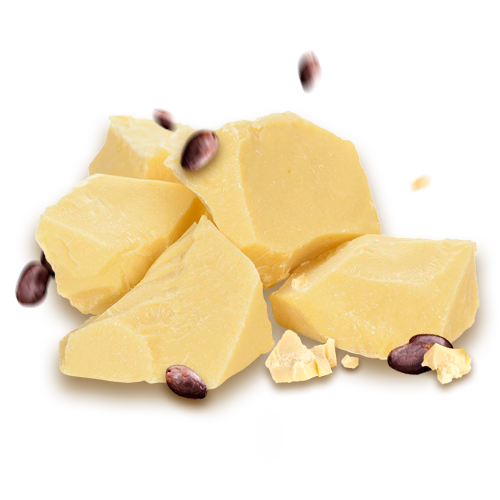
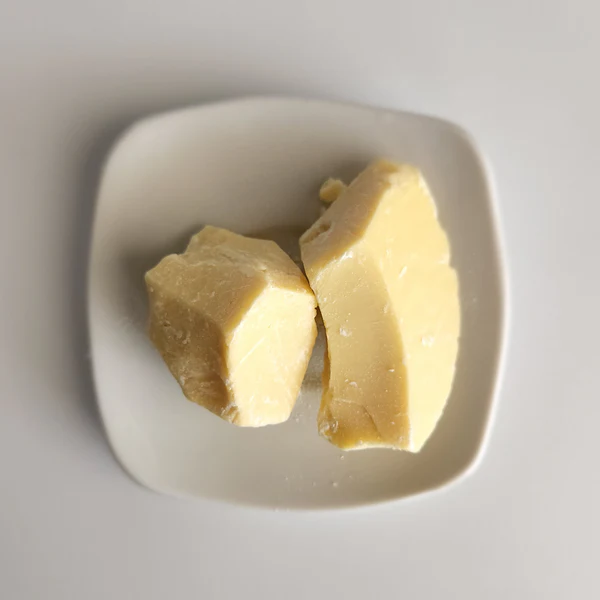
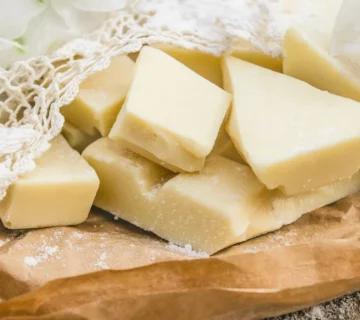
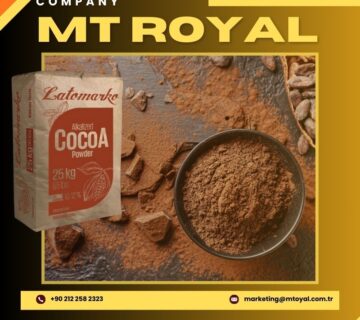
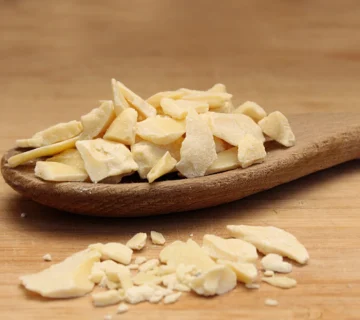
No comment